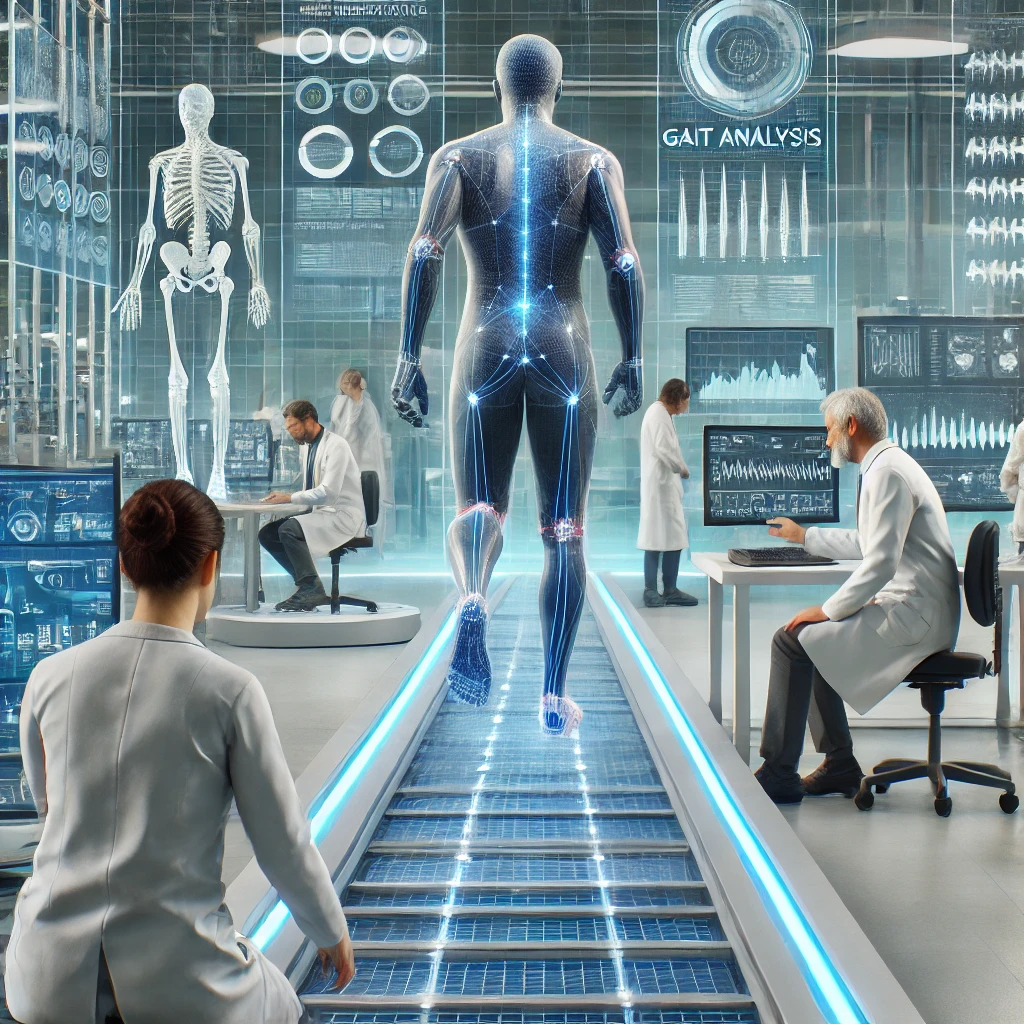Advancing Health Through Research & Innovation
At BEQ Science, we are at the forefront of scientific discovery and clinical innovation, redefining how balance and movement define health. By establishing balance as a new vital sign, our research-driven approach enables early prediction of neurological decline, musculoskeletal conditions, and mobility health risks.
Our FDA-cleared platform provides an immediate, evidence-based solution while simultaneously contributing to cutting-edge research.

Creating a New Vision of Balance in Healthcare
Medical-Grade Technology for Clinicians & Researchers
- Validated in Clinical Trials – Demonstrates high accuracy in detecting fall risks, gait deviations, and neurological decline.
- Integrated AI-Driven Insights – Machine learning algorithms provide early warnings for deviations linked to neurodegenerative diseases, fall risks, and medication side effects.
- Trusted by Leading Healthcare Providers & Researchers – Leveraging decades of research in balance science to develop tools for both patient care and large-scale clinical studies.
Key Areas of Impact
Innovation & AI
BEQ Science is pioneering quantitative AI for balance health, integrating machine learning and real-world biomechanics to generate actionable insights.
Join Us in Shaping the Future of Health
Together, we can redefine balance as a key health metric and drive smarter, data-driven healthcare decisions—not just for today, but for the future of medicine.